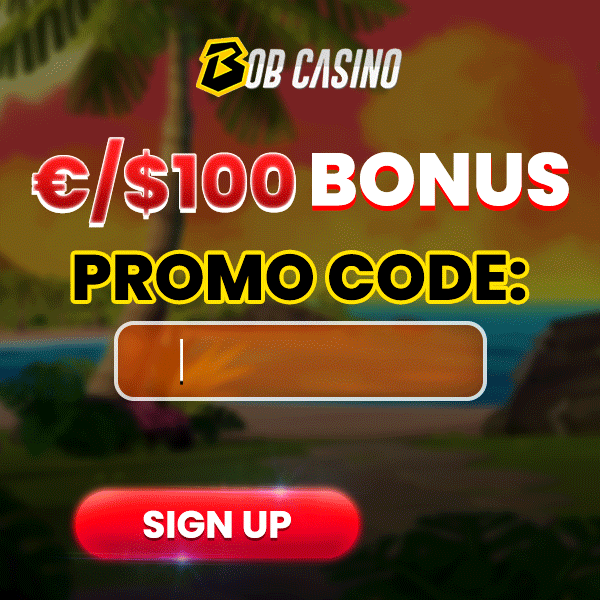 Published: 17.04.2020, 13:52
Published: 17.04.2020, 13:52 3 min read
3 min readOn April 8th, 2020, the UK Gambling Commission (UKGC) gave a press release regarding its decision to suspend Triplebet’s license. Triplebet is a mobile betting exchange platform, and it operated an online casino under the name “Matchbook.” According to the UKGC’s press release, the Commission had reviewed Triplebet’s license in August of 2018 and forwarded the issues it found to its Regulatory Panel. The Panel held a meeting on February 17th, 2020 and decided at that point to suspend the company’s license and issue a penalty of £739,099.
There was not much public information about the regulatory hearing, but the April press release explains the reasoning behind the license suspension. Triplebet was found to be guilty of negligence regarding its anti-money laundering safeguards. The company was not properly monitoring its business relationships, nor was it keeping an eye on suspicious account transfers.
Furthermore, Triplebet’s AML policies did not comply with 2017’s Money Laundering Regulations, which all betting operators must abide by. For instance, the company’s policies did not have a set of standards that custom interactions needed to adhere to. In addition to this, Triplebet’s AML policies had not been updated since November of 2014. Company representatives stated that the staff was required to follow AML procedures. However, Triplebet did not do an adequate job training or monitoring its staff in this area.
The UKGC’s Regulatory Panel also found that Triplebet did not gather sufficient evidence regarding flagged business relationships. The company did not look into its customers’ source of money even if suspicion was warranted.
There have been multiple occasions in which players were allowed to gamble away large amounts of money on Triplebet’s services. The company did not look into the source of funds on these occasions. In fact, its staff did not interact with these players at all. This is a huge failing of social responsibility on Triplebet’s part.
For example, one player gambled a significant amount of money over the course of two days and was never contacted by Triplebet. Another person, who had previously self-excluded himself from gambling, was allowed to open his account once more. He then went on to play for 10 hours each day for several consecutive days. This person lost a large sum of money but was never monitored by Triplebet. One single customer even risked £2 million in one day and was not required to prove the source of his income.
In another scenario, a customer deposited funds and then withdrew a lot of money immediately afterward. He did not partake in any gambling activity, so this is a red flag for money laundering. The only thing Triplebet did regarding that situation was to verify the customer’s identity and address. One customer lost over $700,000 in one year, and Triplebet did not conduct any related checks.
When asked, Triplebet could not provide the UKGC with documentation on its monitoring processes. The company’s checks system was deemed to be insufficient.
Neil McArthur, who is the chief executive of the UKGC, stated that the Commission would continue to use its regulatory authority to protect consumers from gambling-related harm. All gambling operators should view this situation as an example of what could happen if they do not operate in a socially responsible manner.











